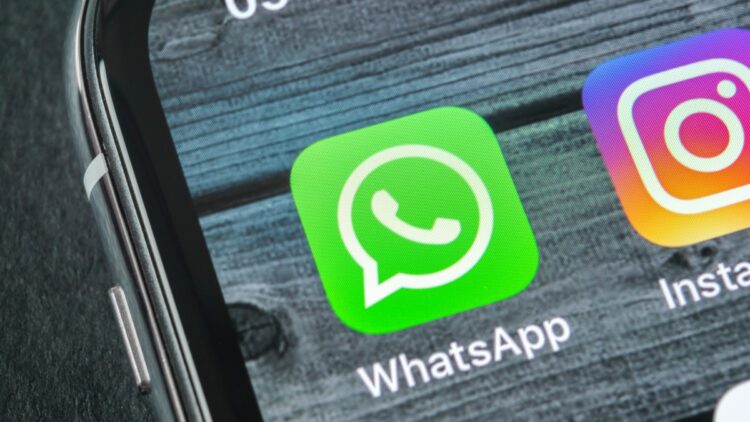For most people around the world WhatsApp has become the chosen app to communicate with friends and family, but what started as an easy messaging app that wanted to compete with the iMessage that iPhone users were able to use for free, has now transformed into a global monster that now incorporates Artificial Intelligence in a way that many users are not on board with. Here is when a surprising idea came in, created by Jack Dorsey, one of the minds behind Twitter and its former CEO, a new messaging app has emerged and it is completely different to anything we have ever seen before.
It is called Bitchat, and for those who are curious to use it, we will still need to wait a little longer, as it is still in beta mode and only up on iOS through TestFlight, but those who have tried it have a lot of positive things to say about it.
The new messaging App that wants to compete with WhatsApp
The first difference between this new app and any other messaging app on the market is that Bitchat uses Bluetooth mesh technology to send messages instead of relying on the internet or cell networks. What this means is that your messages hop from phone to phone via Bluetooth until they land where they are supposed to, requiring no central servers, no Wi-Fi, and no SIM cards, just devices talking directly to each other. That alone makes it stand out from anything mainstream like Signal or WhatsApp.
The reason for this is that the app has been conceived to be private, encrypted, and decentralized, requiring no sign-ups, no need to hand over your phone number, and no central authority overseeing your conversations. As Lifewire points out, that kind of setup gives users total control over their personal data.
While this seems like a very negative approach to how controlled we are by tech companies, the app has many practical uses in the world we live in, especially if used in situations where normal communication breaks down. This app would be quite useful in big protests, natural disasters, or just areas with spotty cell coverage, and since Bluetooth messages can travel around 300 meters, and they can bounce off nearby users to cover more ground, even in a crowd or offline scenario, messages can still get through.
But the app has been built with paranoia in mind, as The Verge highlights some of the more curious features and they do seem to be designed if not for nefarious purposes, at least to ensure that privacy is seen as paramount. Bitchat offers things like end-to-end encryption, password-protected chats, and even a panic button that wipes your data with just three taps. There is also support for over 200 interface styles, which might not be crucial but definitely adds a layer of personalization and the app has something called decoy messages, which sounds like it is designed to throw off anyone snooping through your phone.
But there are some issues with this new app, the main being that it is iOS-only for now, which limits who can use it. Another issue is that of scale, as Bluetooth is not built to support millions of users across long distances, although this could be solved in the near future with the new generation of phones if manufacturers see it as an investment. Despite the drawbacks, this app could end up being quite successful, but according to Lifewire, this success will come down to how user-friendly it ends up being, how soon it gets to Android, and whether it can evolve beyond just being Bluetooth-based.

